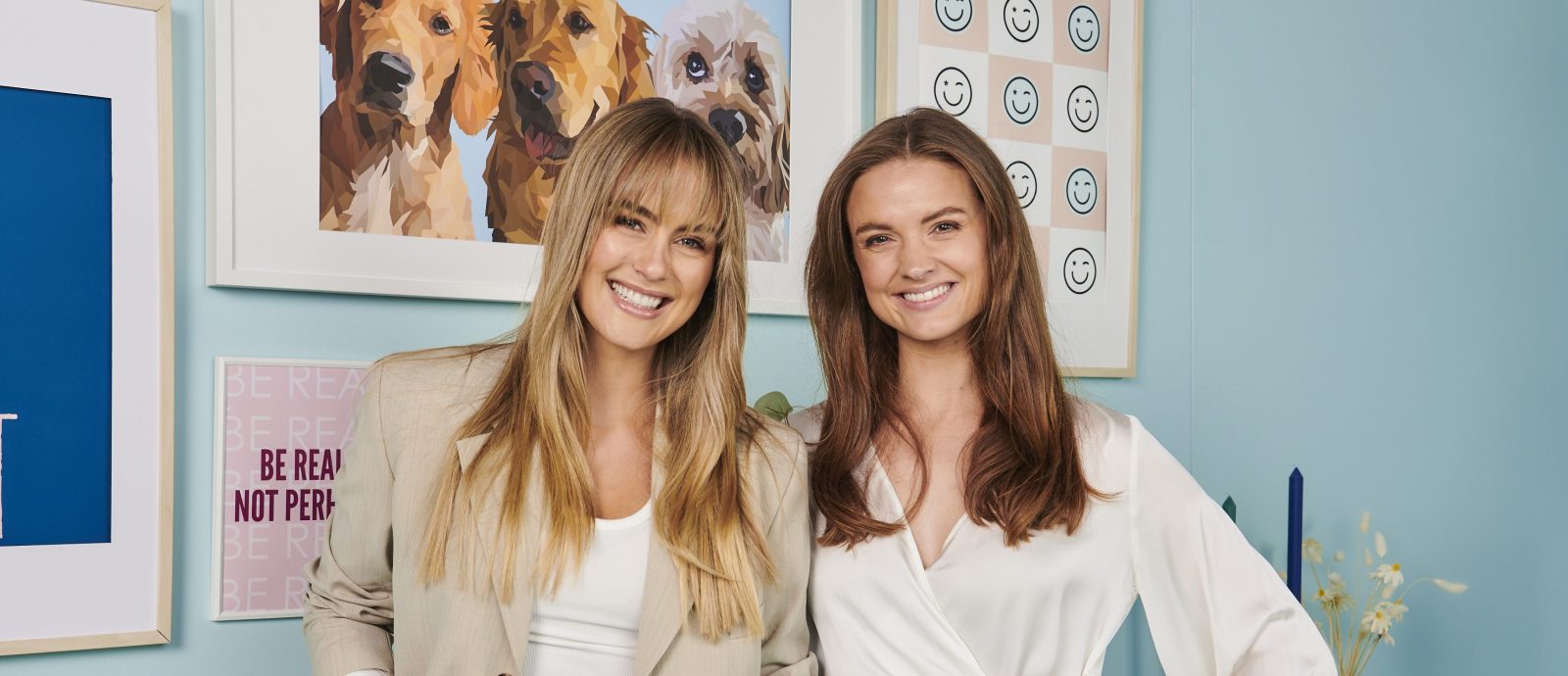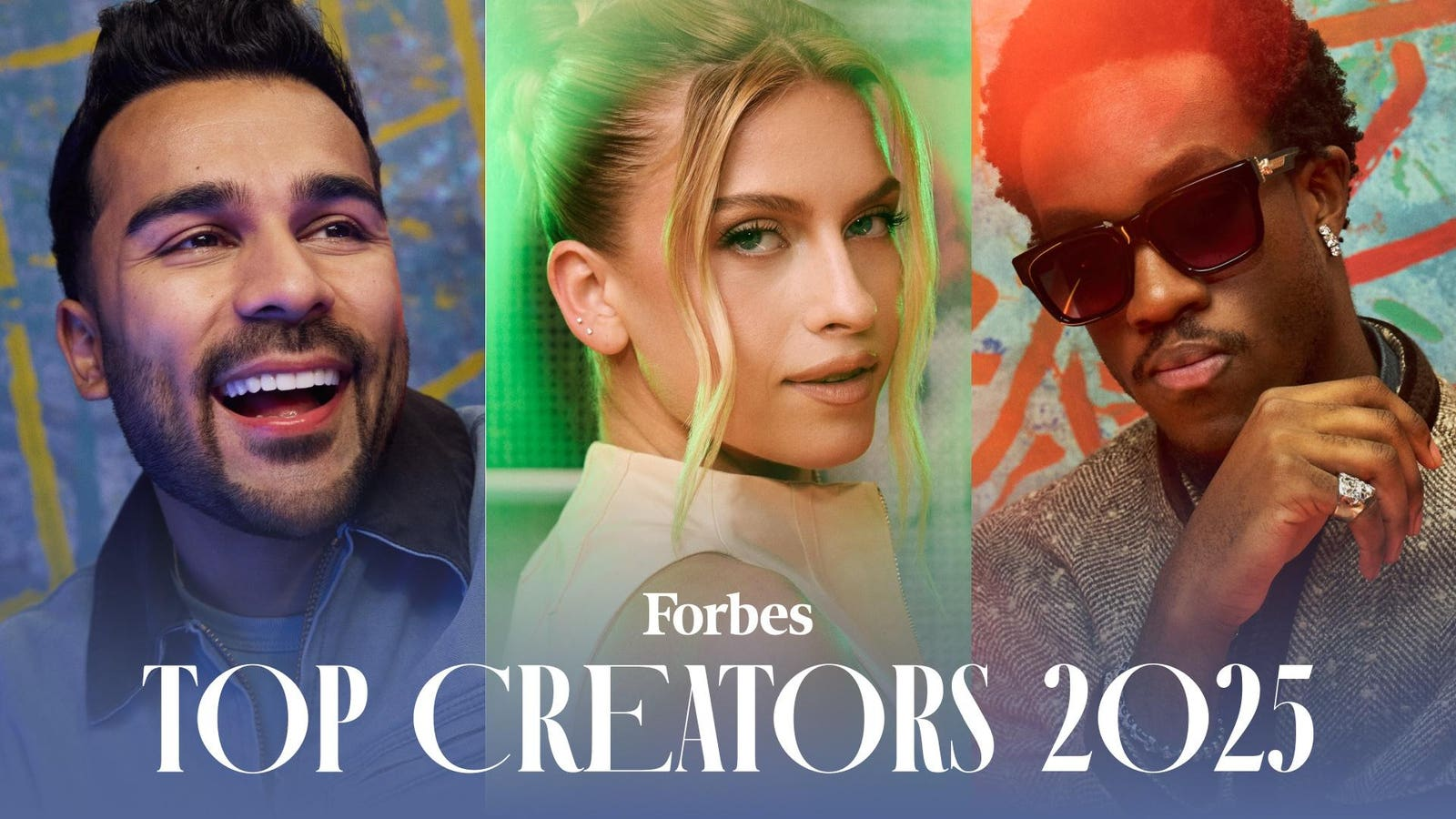Launched by Grammy-nominated artist DJ Fisher and a tight-knit crew on the Gold Coast, Hard FIZZ has grown into a $12 million drinks brand in just four years, without a cent spent on traditional advertising. Instead, it’s relied on guerrilla marketing to fuel national growth.
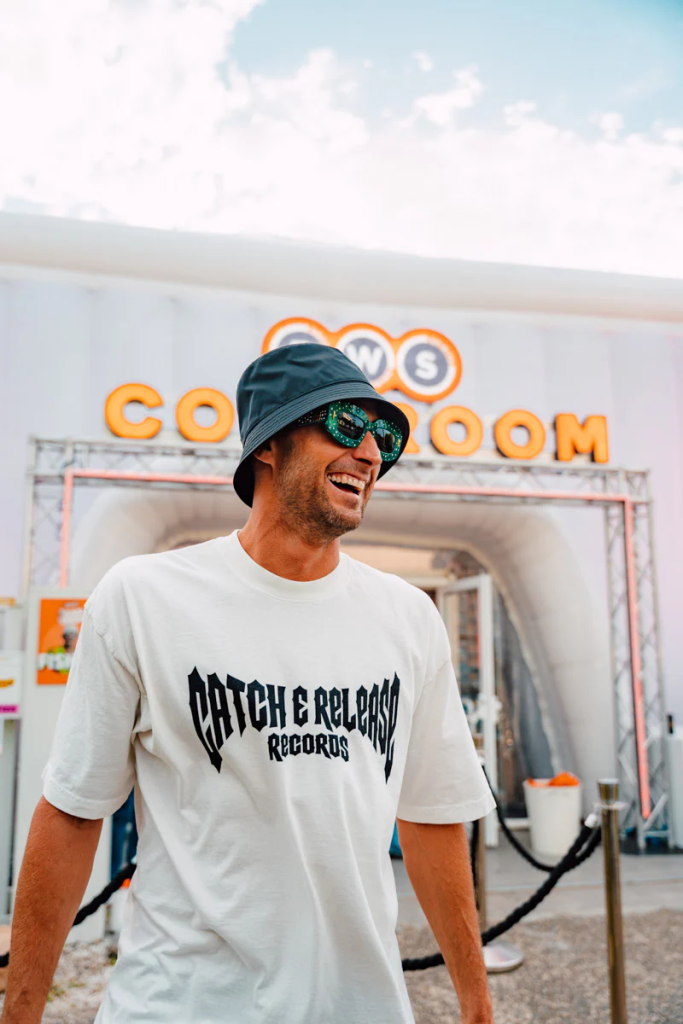
When Paul Fisher, known globally by his stage name FIsher, launched Hard FIZZ alongside a close crew of mates on the Gold Coast, there was no multi-million-dollar ad campaign. There was just a Grammy-nominated producer, a surf community-turned-founding team, and an idea: to build an alcohol brand the same way they built a music career – organically.
In the four years since it launched, Hard FIZZ has generated $12 million in sales, moved over 3.5 million cans and more than one million litres annually. It’s also secured nationwide distribution partnerships with Coles Liquor, BWS and Endeavour Group. It says not a single dollar has been spent on paid advertising.
“We sponsor certain events but we don’t allocate a single cent to paid advertising – it’s strictly guerilla marketing, and it’s very much a deliberate tactic,” CEO Wade Tiller say tells Forbes Australia.
“Whether it’s Fisher himself playing to 40,000 people, or [pro-golfer] Cameron Smith doing a ‘shoey’ from a FIZZ shoe or even Laura (Enever) breaking the world record for the biggest wave
ever surfed by a female, there’s a headline almost every day.”
What exactly is guerilla marketing? According to Investopedia, it’s a “product promotion campaign whereby a company uses unconventional methods, often involving one-on-one interactions, to create a buzz for a new product or service”. Much like in Hard FIZZ’s case, it typically relies on a small team of individuals to spread the word, and social media influencers often are recruited to do so.
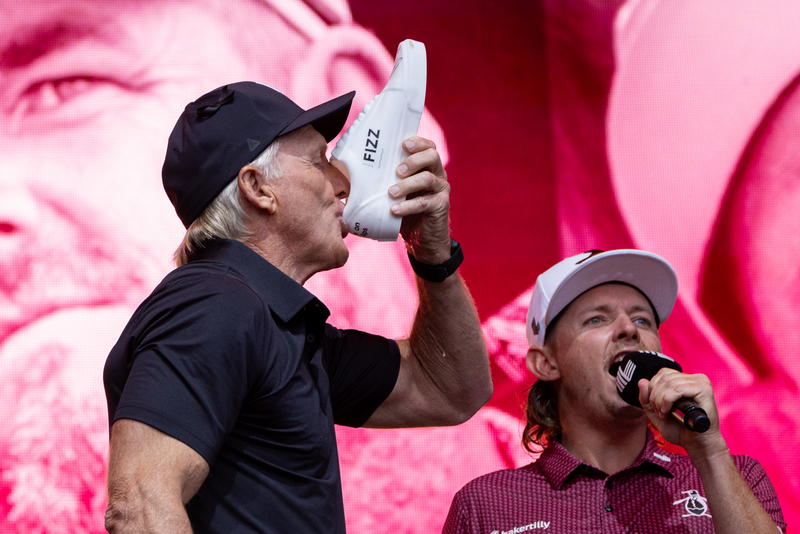
Unlike many celebrity-fronted alcohol brands, Hard FIZZ wasn’t a licensing play. “FIZZ is Fish’s idea, not the other way around,” says Tiller. “This wasn’t us paying a celebrity to front a brand—he’s a founder. And because it aligns so naturally with what he does, it never feels forced.”
It was around 2018, Fisher recalls, that the wheels for Hard FIZZ were set in motion.
“I was DJing all over the States, and I kept seeing these college kids smashing seltzers. I remember thinking, ‘We need to bring that vibe to Australia.’”
When COVID lockdowns hit, FISHER, along with co-founders (and surf mates) Wade Tiller and Joel Scott, found themselves grounded on the Gold Coast. “That was a blessing in disguise,” Fisher says, “Because it allowed us to properly game plan FIZZ – otherwise, we’d all be scattered around the world.” By the end of 2021, Hard FIZZ had launched to the masses.
The team took a “give before we take” approach to brand building, leaning heavily into cultural moments. For example, when LIV Golf approached the team, they chose to link up with golfer Smith for some Kodak moments with their product.
Scott also recalls that the team had cardboard cutouts of Fisher and Hard FIZZ made up for bottle shops when their drinks brand first started out. Next thing they knew, Paris Hilton was dragging around the cutout at Coachella.
“She [Hilton] made this hilarious YouTube clip dragging the cutout around the festival and talking to it as if it was FISHER himself – it’s now had hundreds of thousands of views, and went viral on social media,” co-founder Scott says. “We’ve perfected the art of planning the unplanned.”
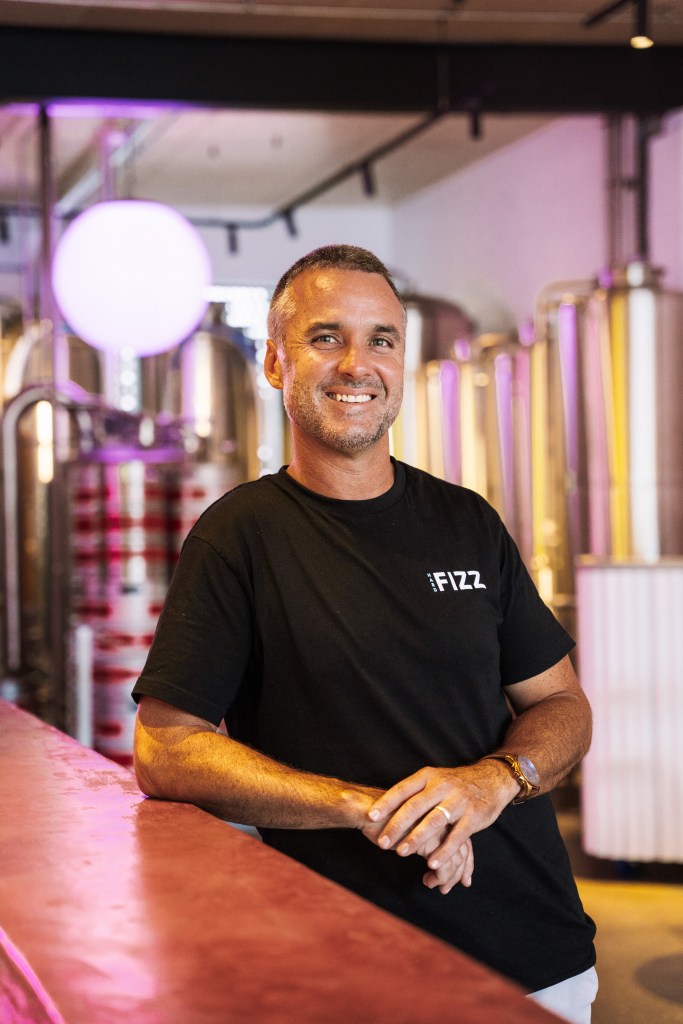
The brand also generated $500,000 in sales from the bar at the Out 2 Lunch music festival, self-promoted by Fisher. They say he raised a can of FIZZ to the crowd, and they (all 40,000 of them) raised one back.
“There’s no traditional ad budget… We don’t buy media. It’s all organic, all PR and hype, all word-of-mouth. If we do sponsor something, it’s because we know we can turn it into a cultural moment.”
Hard FIZZ CEO Wade Tiller
The success of guerilla marketing is well-documented: according to AgencyEA, 90% of consumers find guerrilla marketing campaigns to be memorable, compared to 30% for traditional advertising – and 80% of consumers are more likely to buy a product that is associated with a memorable experience. It’s also becoming increasingly common: according to Hubspot, 72% of marketers report that non-traditional marketing tactics drive higher engagement than standard digital ads. Organic word-of-mouth marketing has also been shown to be five-times more effective than paid ads.
Scott admits that guerrilla marketing comes with pressure. “You can’t repeat a successful moment, it loses its value. So I’m constantly asking, what’s next? Bigger? Bolder? Better?”
And then there’s the risks associated with it: “You’re effectively outsourcing your brand, which means you lose a slight degree of control” says Scott. “When it works, it works great, but if there was an issue with the other party, and they were ‘cancelled’ for whatever reason, your brand is also tied to that and there’s not a lot of recourse to fix it. Fortunately, we haven’t had that problem, but we’ve always been really selective with who we deal with.”
Earlier this year, Hard FIZZ closed a $2.5 million capital raise, aimed at accelerating its next phase of growth. It wasn’t about cash, Tiller says, but rather to bring on strategic partners to help the company scale rapidly in Australia and then expand into key international markets. But the funds will enable the drinks brand to accelerate its product development pipeline, strengthen its supply chain and ramp up its marketing and brand-building initiatives.
“It’s ‘pinch me’ stuff, even for me, when guys like Cameron Smith are jumping on stage with me with a FIZZ,” Fisher says. “I still feel like a surfer kid from the Gold Coast.”
Look back on the week that was with hand-picked articles from Australia and around the world. Sign up to the Forbes Australia newsletter here or become a member here.


